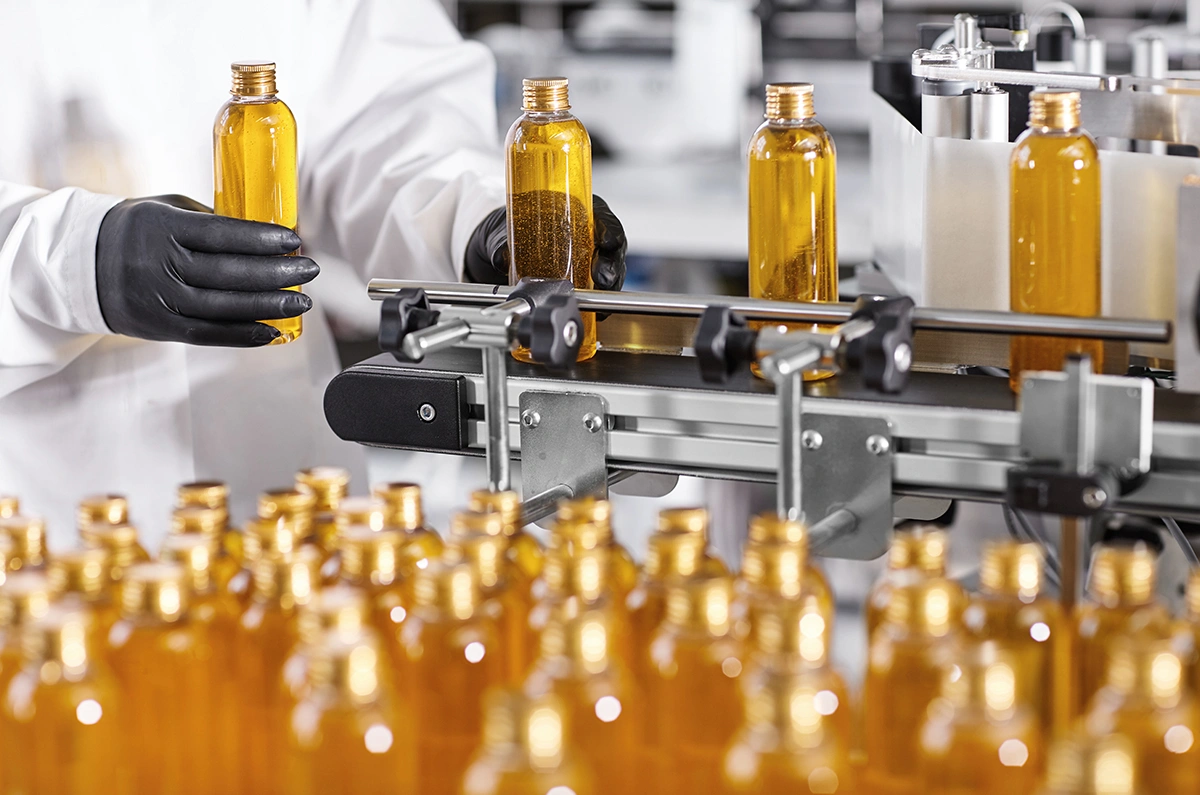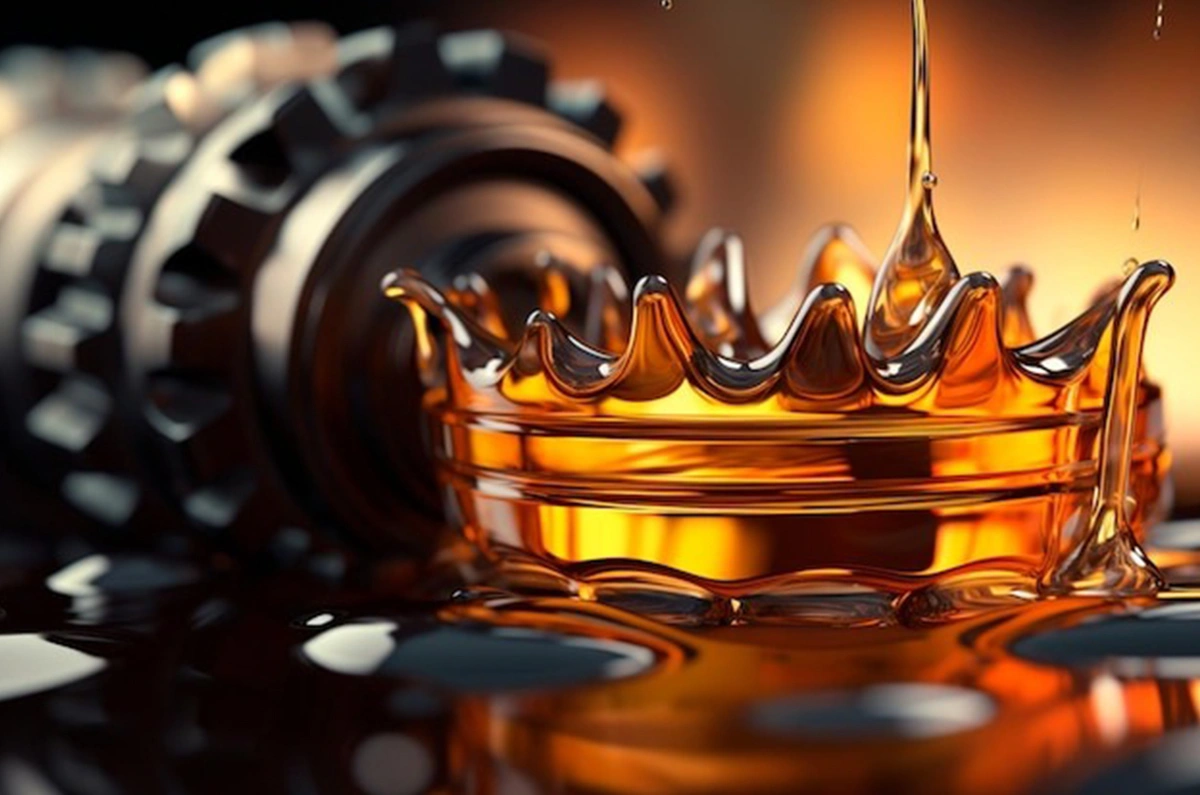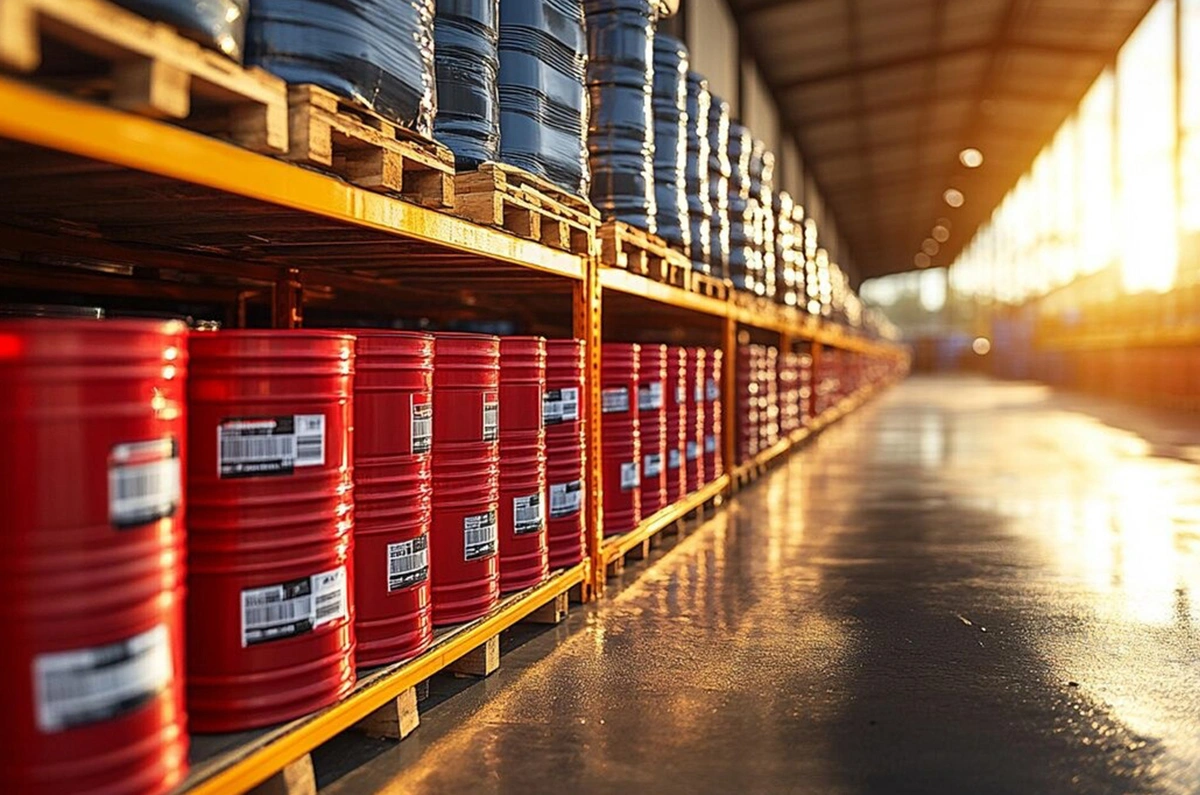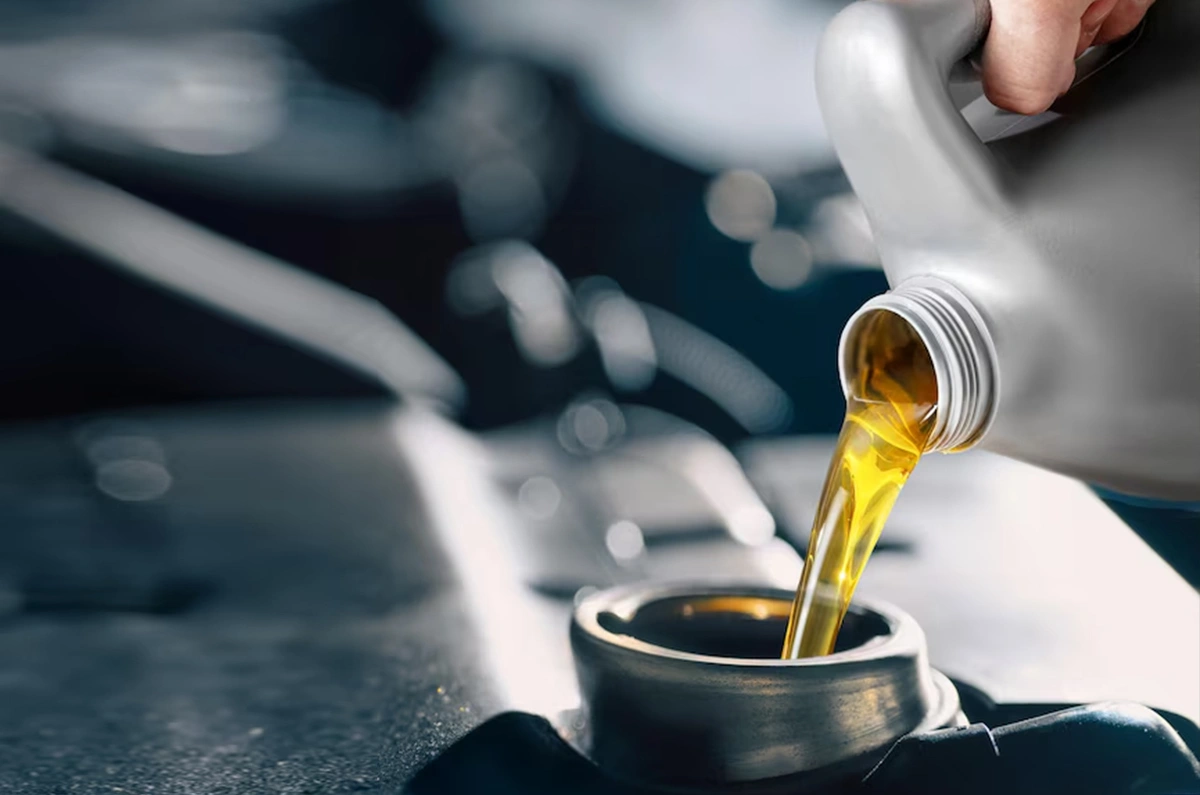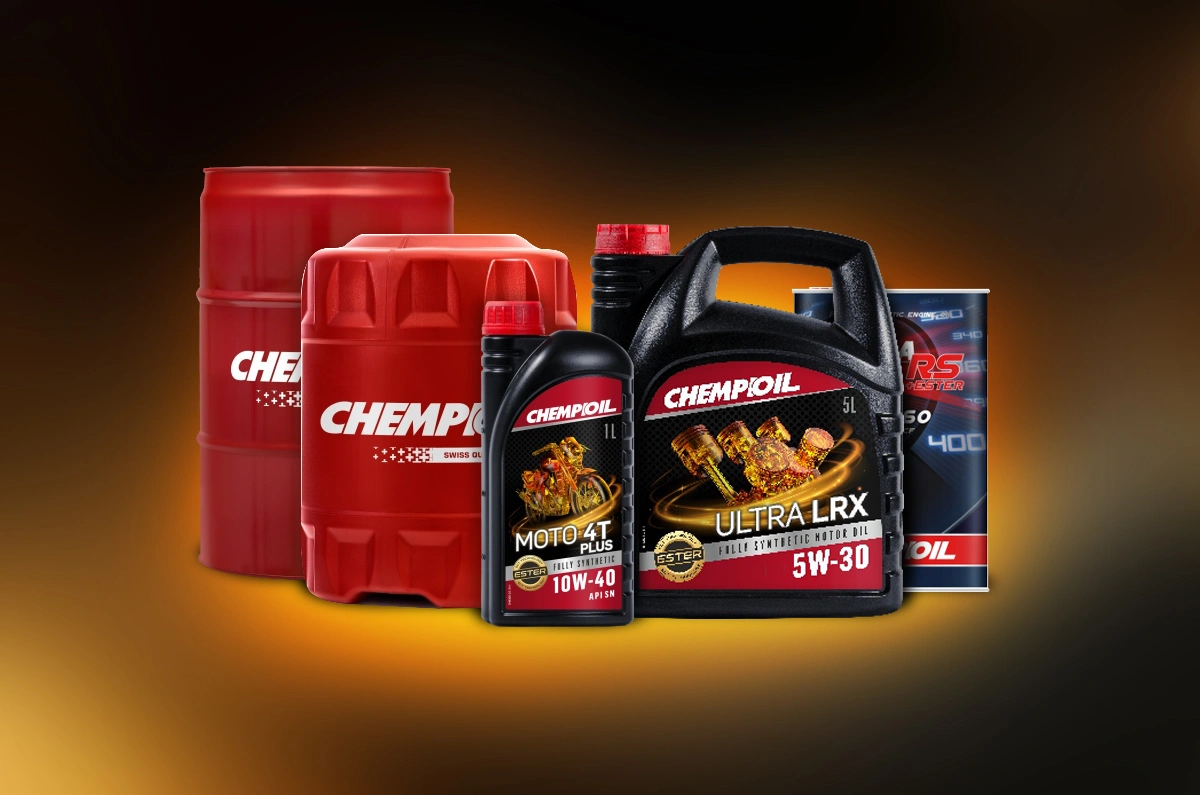The UAE’s climate is characterized by extreme heat, with summer temperatures often exceeding 50°C. These harsh conditions put immense pressure on engines, machinery, and industrial equipment. Conventional oils often fail under such conditions, leading to increased wear and maintenance costs. This is where synthetic lubricants come in. Designed to withstand high temperatures and provide superior performance, synthetic lubricants offer an effective solution for vehicles and industries operating in the UAE. In this article, we will explore the advancements in synthetic lubricants and how they are meeting the UAE’s extreme temperature demands.
What Are Synthetic Lubricants?
Synthetic lubricants are engineered chemical compounds designed to provide superior lubrication and protection under extreme conditions. Unlike conventional mineral oils, synthetic oils are formulated using highly refined base oils and advanced additive technology, ensuring better performance in both high and low-temperature environments.
Why Synthetic Lubricants Are Essential for the UAE’s Climate
The UAE’s high temperatures can cause conventional lubricants to degrade faster, leading to:
- Increased friction and wear
- Higher fuel consumption
- Frequent oil changes
- Potential engine overheating and failures
With advancements in synthetic lubricants, modern formulations now offer improved thermal stability, oxidation resistance, and enhanced viscosity control, making them ideal for the UAE’s extreme temperature demands.
Key Advancements in Synthetic Lubricants
1. Improved Thermal Stability
Extreme heat can cause oil to break down quickly. However, modern synthetic lubricants are engineered with high thermal stability, allowing them to perform efficiently even in extreme conditions.
2. Advanced Viscosity Control
Viscosity plays a crucial role in lubrication, and maintaining optimal viscosity is essential in hot climates. Synthetic lubricants now feature advanced viscosity index improvers that prevent thinning at high temperatures, ensuring optimal engine protection.
3. Enhanced Oxidation Resistance
Oxidation leads to sludge formation, which can clog engine components. The latest synthetic lubricants advancements include antioxidants that slow down oxidation, extending the life of the lubricant and the engine.
4. Reduced Evaporation Losses
High temperatures can cause conventional lubricants to evaporate, leading to increased oil consumption. Modern synthetic oils have lower volatility, reducing oil loss and extending drain intervals.
5. Increased Fuel Efficiency
Friction modifiers in synthetic lubricants help reduce engine drag, leading to better fuel economy. This is particularly beneficial for commercial fleets and industries in the UAE, where fuel efficiency is a major concern.
6. Compatibility with Turbocharged Engines
With an increasing number of turbocharged vehicles on UAE roads, synthetic lubricants are now formulated to withstand high turbo temperatures, preventing deposit buildup and ensuring optimal performance.
7. Enhanced Wear Protection
New synthetic formulations include anti-wear additives that form a protective layer on engine components, reducing wear and extending engine life.
Applications of Synthetic Lubricants in the UAE
Automotive Industry
- Passenger Vehicles: Modern synthetic motor oils offer superior protection against engine wear, ensuring longevity in extreme heat.
- Commercial Fleets: Trucking and logistics companies benefit from longer oil change intervals and reduced maintenance costs.
- Racing & Performance Vehicles: Synthetic lubricants enhance high-performance engine reliability, reducing wear under extreme stress.
Industrial & Manufacturing Sectors
- Construction Equipment: Heavy machinery used in UAE’s construction sector requires lubricants that can withstand extreme heat and heavy loads.
- Power Plants: Synthetic lubricants in turbines and generators help maintain efficiency and prevent breakdowns.
- Marine Industry: Ships and offshore equipment require lubricants that resist water contamination and thermal degradation.
Aviation & Aerospace
- Aircraft engines operate under extreme conditions, making synthetic lubricants the preferred choice for their high thermal stability and oxidation resistance.
Choosing the Right Synthetic Lubricant for UAE Conditions
When selecting a synthetic lubricant for UAE’s climate, consider the following factors:
- Viscosity Rating – Choose an oil with a high viscosity index to maintain stability in high temperatures.
- Additive Package – Look for advanced detergents, antioxidants, and anti-wear additives.
- OEM Recommendations – Follow the manufacturer’s guidelines for optimal performance.
- Environmental Considerations – Opt for eco-friendly synthetic lubricants with low emissions.
Future Trends in Synthetic Lubricants
With continuous advancements in synthetic lubricants, the future holds exciting innovations:
- Bio-Based Synthetic Lubricants: Eco-friendly formulations that reduce carbon footprints.
- Smart Lubrication Technology: AI-driven sensors that monitor lubricant condition in real time.
- Nanotechnology Lubricants: Ultra-thin protective layers for enhanced wear resistance.
- Extended Drain Intervals: Further improvements to increase oil longevity and reduce waste.
Conclusion
With the UAE’s extreme heat posing significant challenges, advancements in synthetic lubricants have become a game-changer in ensuring engine and machinery longevity. From improved thermal stability to increased fuel efficiency, modern synthetic lubricants are essential for meeting the UAE’s extreme temperature demands. Whether for automotive, industrial, or aviation applications, synthetic lubricants provide the reliability and performance required in harsh environments. As technology evolves, we can expect even more innovative solutions to enhance lubrication efficiency.
